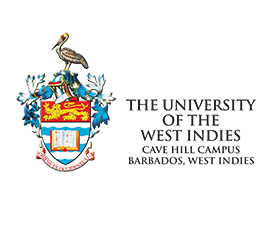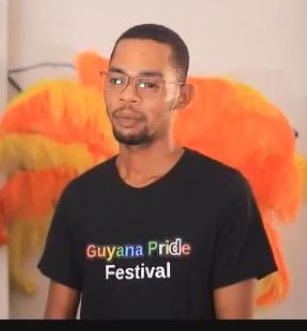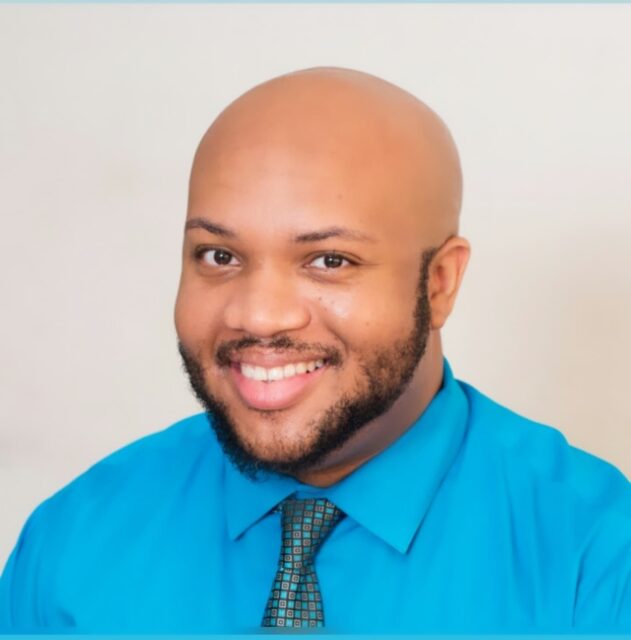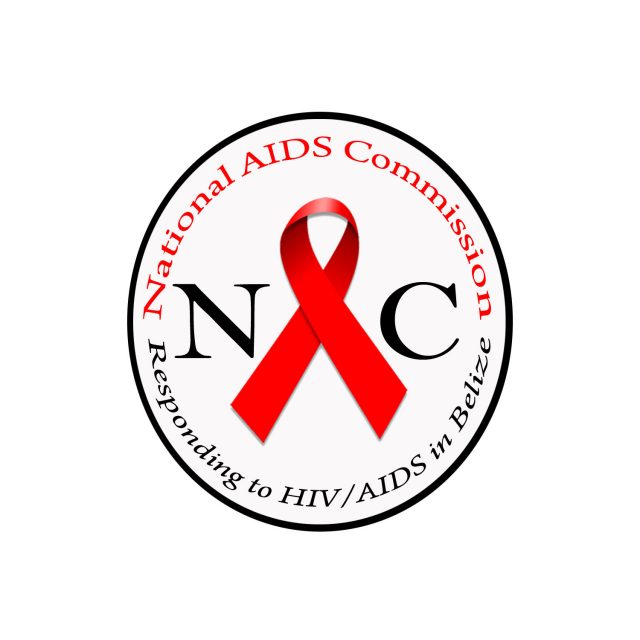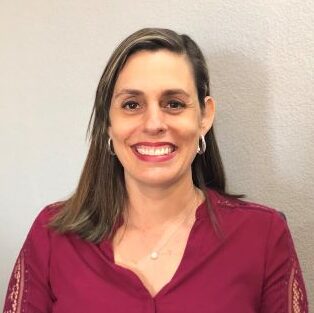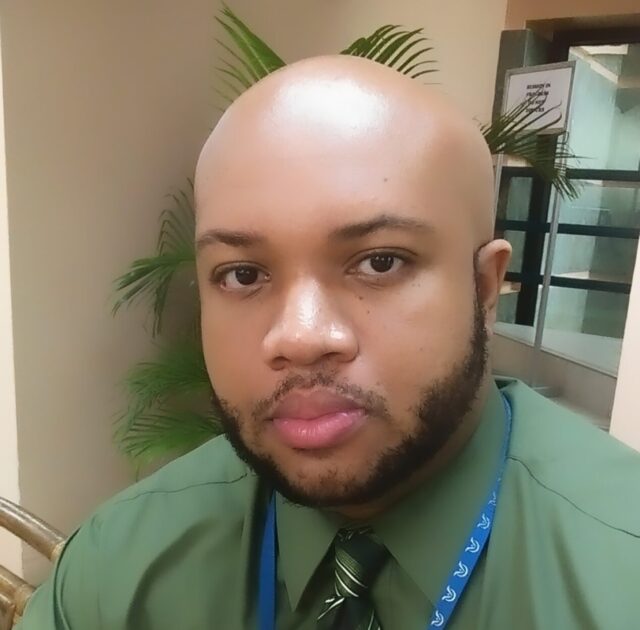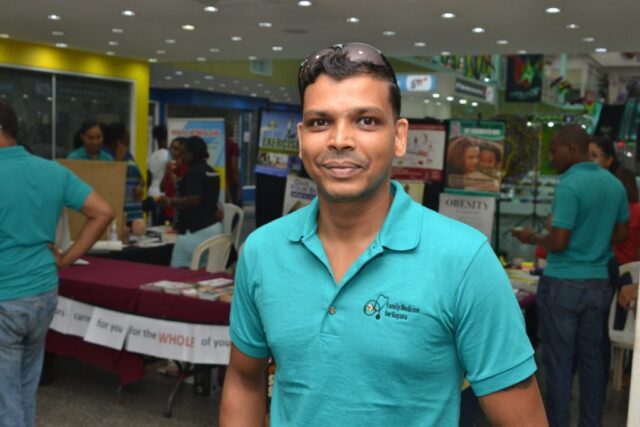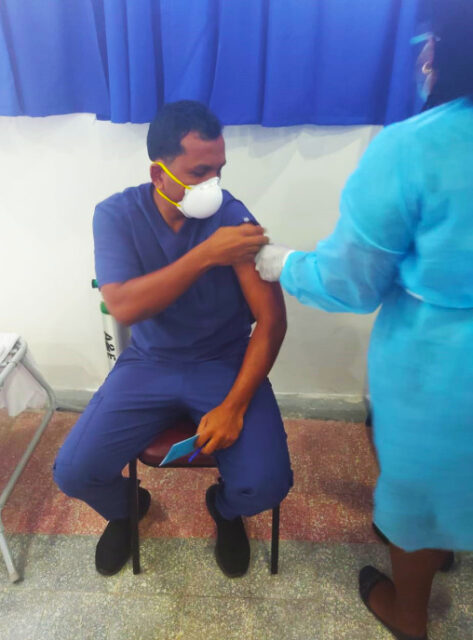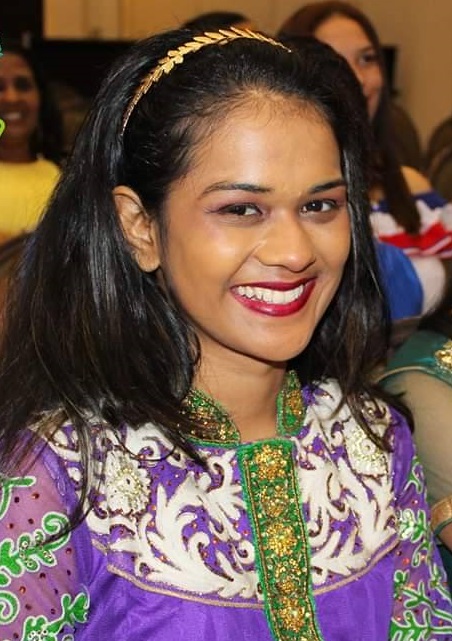The coronavirus disease (COVID-19) pandemic is a global health emergency. With the indiscriminate spread of COVID-19 globally, many vulnerable populations are experiencing negative consequences such as job loss, food insecurity, and the inability to manage existing medical conditions and maintain preventive measures such as social distancing and personal preventative gear. Some of the most disadvantaged in the COVID-19 era are People Living with HIV (PLHIV) and other high-risk groups.
There is great concern about the impact of COVID-19 among the nearly 40 million PLHIV worldwide. HIV treatment centers and care delivery systems have been adversely impacted in several countries during the pandemic. But this has created an opportunity to apply alternative strategies like multi-month prescription, decentralizing HIV care in low-resource settings and introducing telemedicine in high-resource settings. Other alternative methods include retention in care programmes and direct observation of treatment critical in mitigating shocks to healthcare systems in the future.
Like HIV and AIDS, COVID-19 has a more significant impact on people who are already marginalized. As a result, there is concern over the continued spread of COVID-19 in poorer countries and those with higher HIV rates. According to the Centres for Disease Control and Prevention (CDC), 16.7% of COVID-19 patients in intensive care are immunocompromised with underlying health conditions and their chances of recovery are much lower.
GROUPS MOST AT RISK
For COVID-19, failure to adhere to physical distancing or handwashing recommendations constitute behaviours that increase the risk for contracting COVID-19. People who are older or have pre-existing conditions such as chronic respiratory disease, cardiovascular disease, hypertension, cancer and diabetes are at greater risk of being infected with COVID-19. It is well established that HIV disproportionately affects groups already marginalized, including racial/ethnic and sexual or gender minorities and those living in poverty. It is quickly being recognized that COVID-19 also disproportionately affects minority groups, which is not surprising given existing health disparities and economic instability.
HEALTH DISPARITIES
As with HIV, the COVID-19 pandemic reveals the systemic inadequacies that produce health disparities. There is a disproportionate burden on already vulnerable populations experiencing poverty and other systemic stressors. The United Nations 2020’ report has indicated that increases in food costs and market stockpiling have had the most harmful impact on vulnerable communities, particularly those in low-income nations. Although vulnerable populations vary across countries, those with stigmatized or marginalized intersecting identities often experience the highest burden, including Men who have sex with Men (MSM), transgender women, people who inject drugs, commercial sex workers, young women, and youth (15–24), who account for a third of all new HIV infections. Furthermore, immigrants are at increased risk of infectious diseases, including both HIV and COVID-19, as are other people who are displaced.
Additionally, PLHIV in rural areas may experience additional barriers that inhibit access to care, such as the lack of adequate technology to support telemedicine, lack of finances for transportation to attend clinics, and other barriers to accessing care during the current pandemic.
BIOLOGICAL IMPACT OF COVID-19 ON HIV TREATMENT
PLHIV, whose disease is not well managed and whose condition is not virally suppressed, are placed at an increased risk for contracting and experiencing complications related to COVID-19, in addition to complications associated with HIV disease progression. Given the lifelong prognosis of HIV, it is imperative for PLHIV to visit their healthcare providers regularly and adhere to treatment. PLHIV are also more likely to contract opportunistic infections such as pneumonia, Tuberculosis, Toxoplasmosis, etc., than those without compromised immune systems. They may experience delayed treatment due to COVID-19. This can occur due to overcrowding in an already taxed healthcare system. PLHIV who seek out urgent care may face an increased risk of contracting COVID-19 among other illnesses while in healthcare settings.
COVID-19 has taken a dramatic toll on HIV health care services. Lockdowns and associated changes have hampered the ability to deliver standard health care services, including testing, treatment, care, and dispensing of antiretroviral drugs (ARVs). Those associated changes include closing clinics, community health workers’ inability to visit PLHIV, the inability of support groups to meet, and the shortage of personal protective equipment (PPE) for health providers. Evidence already shows an overall decline in persons coming to facilities for HIV testing and clinical care and treatment.
PSYCHOLOGICAL IMPACT OF COVID-19 ON HIV TREATMENT
Given the unprecedented nature of COVID-19, an increase in anxiety has been prevalent worldwide. Furthermore, the CDC has noted that individuals with chronic health conditions, such as HIV, may develop a stronger stress response than the rest of the population. This strong stress response is due to an increased risk of contracting COVID-19 due to a compromised immune system. The compounded stigma associated with an HIV-positive status and COVID-19 may lead to an array of mental health issues and psychological disorders such as depression, sleep disorder, substance abuse, anxiety, schizophrenia, and personality disorders, which may trigger somatoform disorders which may lead to failure to seek care.
RECOMMENDATIONS
HIV services must continue to be made available for people living with and at risk of HIV. This includes ensuring the availability of condoms, lubricants, ARVs, sterile needles and syringes, harm reduction, pre-exposure prophylaxis (PrEP) and HIV testing.
To prevent persons not having an adequate supply of medicine and to reduce the need to access the health system, countries should move to the full implementation of multi-month dispensing of three months or more of HIV treatment. This can be further enhanced with telemedicine, virtual support groups, food hamper delivery and increased mobile testing. There must be access to COVID-19 services for vulnerable people, including a targeted approach to reach those most left behind and removing financial barriers.
ADVICE FOR PEOPLE LIVING WITH HIV
- People with a CD4 count of over 200 who are taking HIV treatment and have an undetectable viral load are considered at no greater risk than the general population. They should follow general advice to observe the curfew hours and maintain social distancing.
- People with a CD4 count below 200, or who are not taking HIV treatment, or who have a detectable viral load may be at higher risk of severe illness. Nonetheless, they should still follow the same general advice.
- People with a very low CD4 count below 50 or who have had an opportunistic illness in the last six months should follow the Ministry of Health guidelines – wear a mask, wash hands regularly and avoid crowded spaces with social distancing practices.
COVID-19 is serious, and PLHIV should take all recommended preventive measures to minimize exposure and prevent infection. As in the general population, older people living with HIV or PLHIV with heart or lung problems may be at a higher risk of becoming infected with the virus and suffering more severe symptoms.
All PLHIV should reach out to their healthcare providers to ensure that they have adequate supplies of essential medicine. Until more is known, PLHIV —especially those with advanced or poorly controlled HIV disease — should be cautious and pay attention to the prevention measures and recommendations by the Ministry of health.

